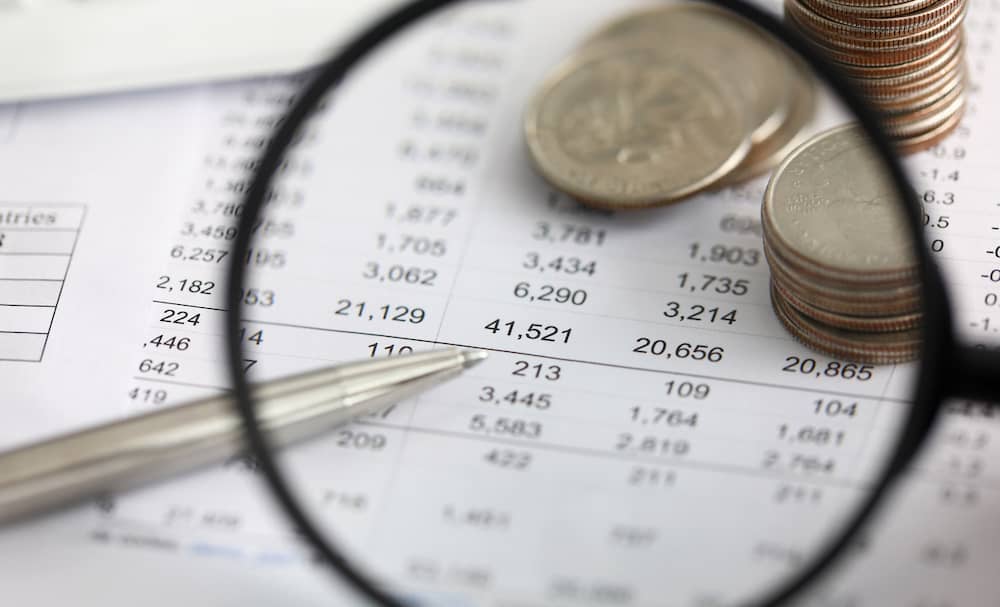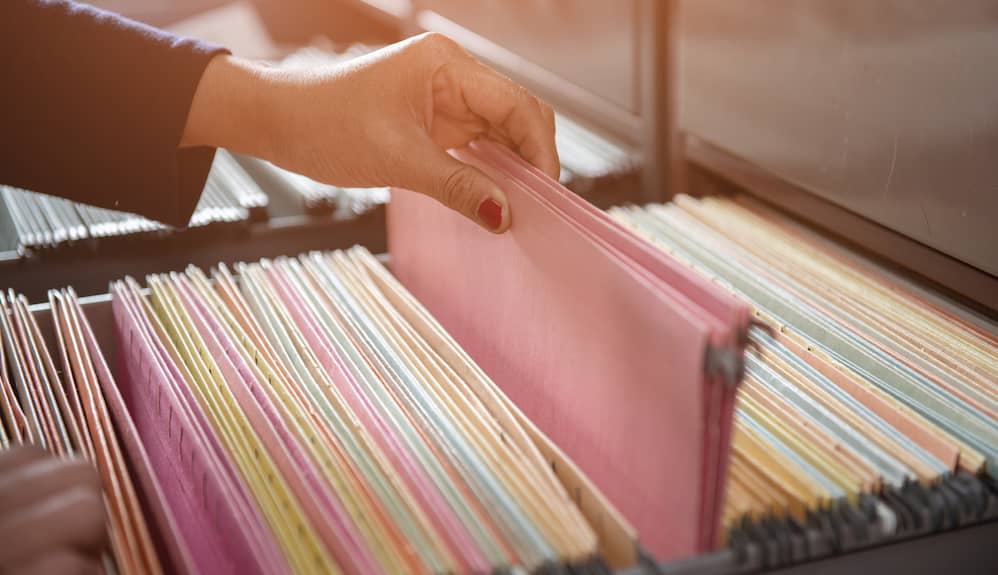Understanding Etsy tax deductions can help you make the most of your finances during tax season and beyond. While navigating tax time can be intimidating, having to pay taxes ultimately means that you’ve achieved a level of success with your Etsy business.
You’re creating products that reach customers — and that’s reflected in your bottom line. By looking at having to pay taxes as a mark of your success, it’s easier to dig in and celebrate your success while making sure your shop’s finances are in order.
The basics of taxes: hobby vs. business
If you’re just selling a few items on Etsy without expecting to generate a profit, it may be a hobby rather than a business. Typically, you pay income taxes on the money made through a hobby, but you can’t deduct expenses.
If your intention for your store is to generate a profit, you’re operating a business — even if it isn’t making a profit. Profit-focused businesses can deduct ordinary and necessary expenses. An ordinary expense is something that’s common in your industry. Some ordinary expenses for Etsy shops include mailing expenses and the packaging used to ship products.
A necessary expense is something that is required to operate your business. The cost of business cards and marketing materials to help you reach customers are examples of necessary expenses. Ordinary and necessary expenses vary by industry.

Navigate tax basics
You have to navigate self-employment tax, calculate deductions and figure out what you owe — all while trying to balance the other responsibilities of running a successful business. The good news is that by understanding a few numbers, you can begin to calculate, pay and plan for taxes with ease:
- What are your total sales (also known as gross sales)?
- What are your deductible business expenses?
- What’s your profit?
- What self-employment taxes do you owe?
- What additional local, state and federal taxes do you owe?
Your total sales minus your deductions will provide you with your net profit. Net profit is what’s used to calculate taxes in most areas (always check with an accountant or tax advisor). Thereafter, when determining your net profit, you’ll be able to gain a better understanding of your obligations when you file your taxes.
Do you have to pay self-employment taxes?
As a small business owner, you have to pay self-employment taxes if you’re generating a profit. In 2023, the first $160,200 of income is subject to self-employment tax. The self-employment tax rate is 15.3%. However, half of the self-employment taxes you pay can be deducted as a business expense.
Accountants often recommend determining 92.35% of your net earnings and then multiplying that by 15.3%. If your Etsy shop generates $100,000 in profit, then $92,350 is subject to self-employment taxes. By following this formula, you can quickly determine that you’ll owe $14,129.55 in self-employment taxes. This will be in addition to income taxes, state taxes and any other taxes your business may be responsible for.

Common tax deductions for Etsy sellers
Make the most of your financial big picture by finding and taking all the deductions you’re eligible for. A very profitable year may also be a great time to invest strategically in your business to lower tax obligations and capture the benefit of putting capital back into your business. Here’s a closer look at some of the most common tax deductions for Etsy sellers.
1. Etsy fees and other processing charges.
Are Etsy fees tax deductible? This is a common question for sellers, and the good news is that they are deductible. If you sell through other platforms and pay fees there, those may also be deductible. Fees from payment platforms such as PayPal and Stripe are also common deductions.
2. Health insurance.
If your Etsy store is your main source of income and you don’t have access to health insurance through a day job or partner, your health insurance premiums may be deductible.
3. Licenses and legal expenses.
Whether you incorporate an LLC or simply pay for a local business license, these fees are typically deductible from your taxes. An Etsy shop that also leases table space at local events or needs to purchase a license for street vending during a festival can also deduct those fees.
4. Mailing supplies and postage.
The postage you pay to mail out each order — as well as the cost of packing and mailing supplies — is an important business deduction for Etsy sellers. This can include specialty branded mailing supplies, stickers, notecards you use to include a personalized message with each purchase and more.
5. Branding and marketing.
Getting the word out about your business and making the most of your marketing budget are key aspects of growing and reaching new customers. The costs of building a website, designing digital marketing assets, signage, flyers, business cards and branded merchandise can all be important deductions that reduce your tax obligations while also expanding your reach.

6. Inventory.
Whether you purchase items and resell them, or rely on inputs to make a finished product, your inventory basics are deductible. An Etsy shop that purchases coffee mugs and personalizes them with witty sayings on request can deduct the cost of the mugs. If you knit blankets and sell them through your shop, the costs of yarn and knitting needles are deductible.
7. Staffing and services.
As far as your team and offerings, employee wages, contractor fees and the costs of consulting experts, such as lawyers, accountants and graphic designers, are all deductible parts of your business.
VistaPrint Tip
Work with a professional designer (a cost that is often deductible) to uplevel your business with a logo, website and personalized merchandise.

Recordkeeping 101 for Etsy shop owners
When you’re preparing your taxes, it’s important to retain documents that support your expenses. Records can help you substantiate your deductions in the event that the IRS or your state or local taxing authority has questions. Examples of records to keep include bank statements, canceled checks, credit card statements, receipts for individual purchases and copies of customer receipts and invoices.
Moving forward with taxes
Identifying which Etsy tax deductions apply to your business can help you make the best financial decisions, including when to invest in your business. Always consult a tax professional if you have questions. Still, understanding the basics can put you in the power position to tame your taxes and get your finances in order for maximum profit.


